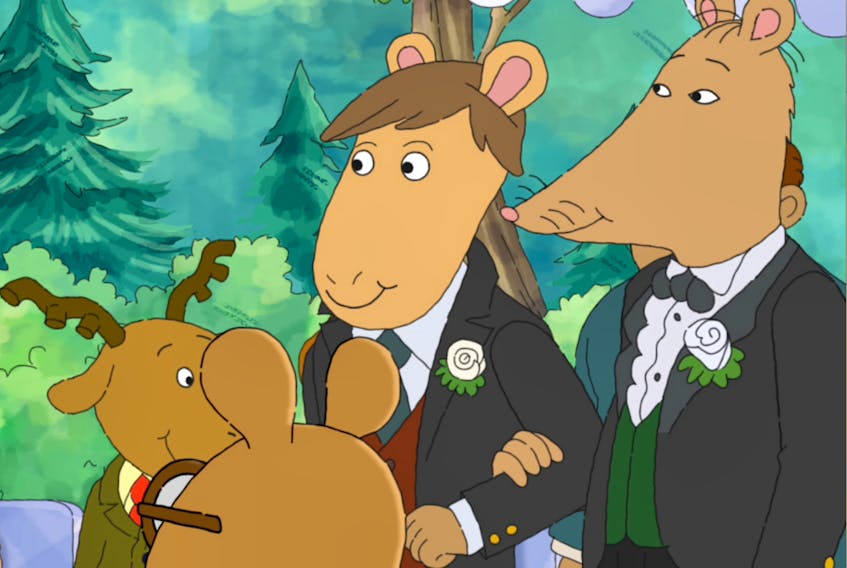When I was a small child growing up in a town in rural Newfoundland, I had very little exposure to people from different cultures and ethnicities. With rare exceptions, virtually everyone living in my community was white and Christian and if it had not been for television, I would not have known that there were people who looked and believed differently living in this society.

For me, as was the case for many people living in rural areas of this country, I watched Sesame Street and learned that there were adults and children who had a different skin colour than mine and who lived normal lives and experienced the same types of problems that I did. When I grew up and later met people who looked different, I wasn't afraid of these differences and was able to see them as people like me who deserved to be treated with the same level of acceptance and respect that I expected to receive.
This illustrates the power and intent of children’s programming on television – to educate and enlighten children about the world around them and to prepare them to interact with this world and the many people that inhabit it. While the example I have cited above refers to race, in recent years some programming has attempted to educate around the reality of the LGBTQ2 community that also exists in the wider community and which may be something that many children do not see represented in their own families and communities. Such programs are being met with resistance in some places and some have chosen to refuse to air them rather than take the time to explain to their children what the topic is all about.
The latest program to face this situation is the animated series Arthur, which airs on the Public Broadcasting System (PBS) in the U.S. A couple of weeks ago, it aired an episode in which two adult male characters – the teacher, Mr. Ratburn, who is a rat, and Patrick, an aardvark – were married at the end of the episode in a ceremony that was attended by all the children characters and their parents. The PBS affiliate in Alabama refused to air the episode deeming it inappropriate for the state’s young viewers, and station director Mike McKenzie said airing it would be a “violation of trust.” Ironically, he also stated that his station strives “to provide children’s programs that entertain, educate and inspire,” which is exactly what this episode was designed to do and an opportunity that was missed by the children living in this state.
For me, as was the case for many people living in rural areas of this country, I watched Sesame Street and learned that there were adults and children who had a different skin colour than mine and who lived normal lives and experienced the same types of problems that I did.
It is unfortunate that such an approach was taken in a state that could really use such an example to counterbalance some of the discrimination being faced by members of the LGBTQ2 community living there. While same-sex marriage has been legal in Alabama since 2015, many counties in the state have refused to issue marriage licenses to same-sex couples, setting off another controversial and divisive battle for the courts. Regardless of whether one supports or opposes same-sex marriage in this state, parents could have used this program to discuss the issue in a respectful manner and let their children know that there are people who believe differently; you don't have to agree with them, but it is okay to be tolerant and respectful of their right to be free to live their lives peacefully.
Instead, the approach taken in Alabama continues the divisiveness and rejection of those who differ in opinions that seems to have taken hold in American culture in recent years. In reality, as was evidenced by my own experience of learning tolerance, children learn from what they see around them and those who learn to not be tolerant of difference will be more likely to become intolerant adults when they come across such differences when they grow up. This does not bode well for the members of the LGBTQ2 community living in Alabama, nor for harmony in the wider community that surrounds them.
Brian Hodder is an LGBTQ2 activist and works in the field of mental health and addictions. He can be reached at [email protected].








